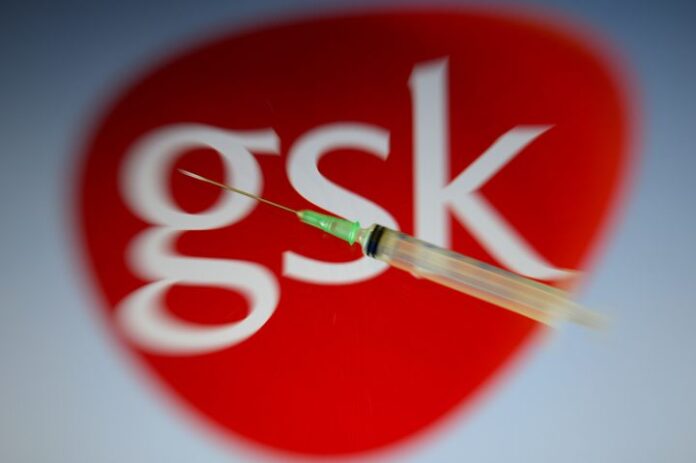Story continues below advertisement
Chagla said sotrovimab has an advantage over other antibody treatments because it targets the receptor-binding domain of the spike protein of the virus — which is responsible for cell entry — that has not undergone mutation with the Omicron variant.
“The recommendation across many international bodies has been to consider this a very active drug against Omicron and give it to those high-risk patients for which we were using other monoclonal antibodies in the past,” he said.
Online pharmacies pushing unauthorized COVID-19 treatments to Canadians – May 11, 2021
Because there’s a limited supply, provinces are rationing the drug and rolling it out based on set criteria.
Story continues below advertisement
In November 2021, Alberta started to give sotrovimab to some COVID-19 patients who presented mild to moderate symptoms.
Sotrovimab is to be used in immunocompromised patients who have a positive PCR test, if they can receive the treatment within five days of the onset of symptoms, according to the Alberta Health Services website.
Unvaccinated individuals who are aged 55 and above, adults with pre-existing health conditions or pregnant women are also eligible for sotrovimab treatment in the province.
Alberta begins use of monoclonal antibody treatment to prevent severe outcomes of COVID-19 – Nov 9, 2021
Vinh said Quebec has been using monoclonal antibodies, such as sotrovimab, for a while now.
Quebec’s Institute for Excellence in Health and Social Services (INESSS) recommends the drug be given within five days of symptoms to adults who do not require oxygen and who have one or more risk factors for disease progression.
Story continues below advertisement
The Institute also says sotrovimab can be used in unvaccinated or partially vaccinated patients as well as patients who are immunosuppressed, regardless of vaccination status.
“Do not routinely use sotrovimab in fully vaccinated patients unless immunosuppressed,” INESSS states in its guidelines.
In Nova Scotia, sotrovimab is being used on a case-by-case basis in individuals with non-severe COVID-19, confirmed by a positive COVID-19 test, who are at high risk for progression to severe disease, Brendan Elliot, a spokesperson for Nova Scotia Health, told Global News.
The province has received a supply from the federal government to treat 289 individuals, he added.
COVID-19: surge in US cases fuels demand for rapid tests, some treatments – Dec 23, 2021
Meanwhile, in Saskatchewan, monoclonal antibody treatment is prescribed to COVID-19 patients who have not been vaccinated and certain immunocompromised or immunosuppressed COVID-19 patients regardless of their vaccination status, according to the provincial website. Those aged 55 and above or adults with specific high-risk co-morbidity can be given the drug within five days of being symptomatic.
Story continues below advertisement
Saskatchewan currently has a stock of 426 vials of sotrovimab across different pharmacy locations.
“More than 700 vials of sotrovimab 500 mg, designated for Saskatchewan, remain with Public Health Agency of Canada (PHAC),” the Ministry of Health told Global News in an emailed statement.
“We have not yet requested these doses in Saskatchewan as current pharmacy supplies have been adequate to meet demand.”
So far, sotrovimab has not been used to treat COVID-19 patients in Yukon but the territory is working with its clinical teams to assess its potential use in the future, said Matthew Davidson, spokesperson for Yukon Hospitals.
To help ease off the pressure on the healthcare system, Canada should try to make sotrovimab along with other COVID-19 treatments, readily available to provinces, said Chagla.
“Knowing that we have limited healthcare capacity … there should be many, many doses coming into Canada, as many doses as we can.”
© 2022 Global News, a division of Corus Entertainment Inc.



